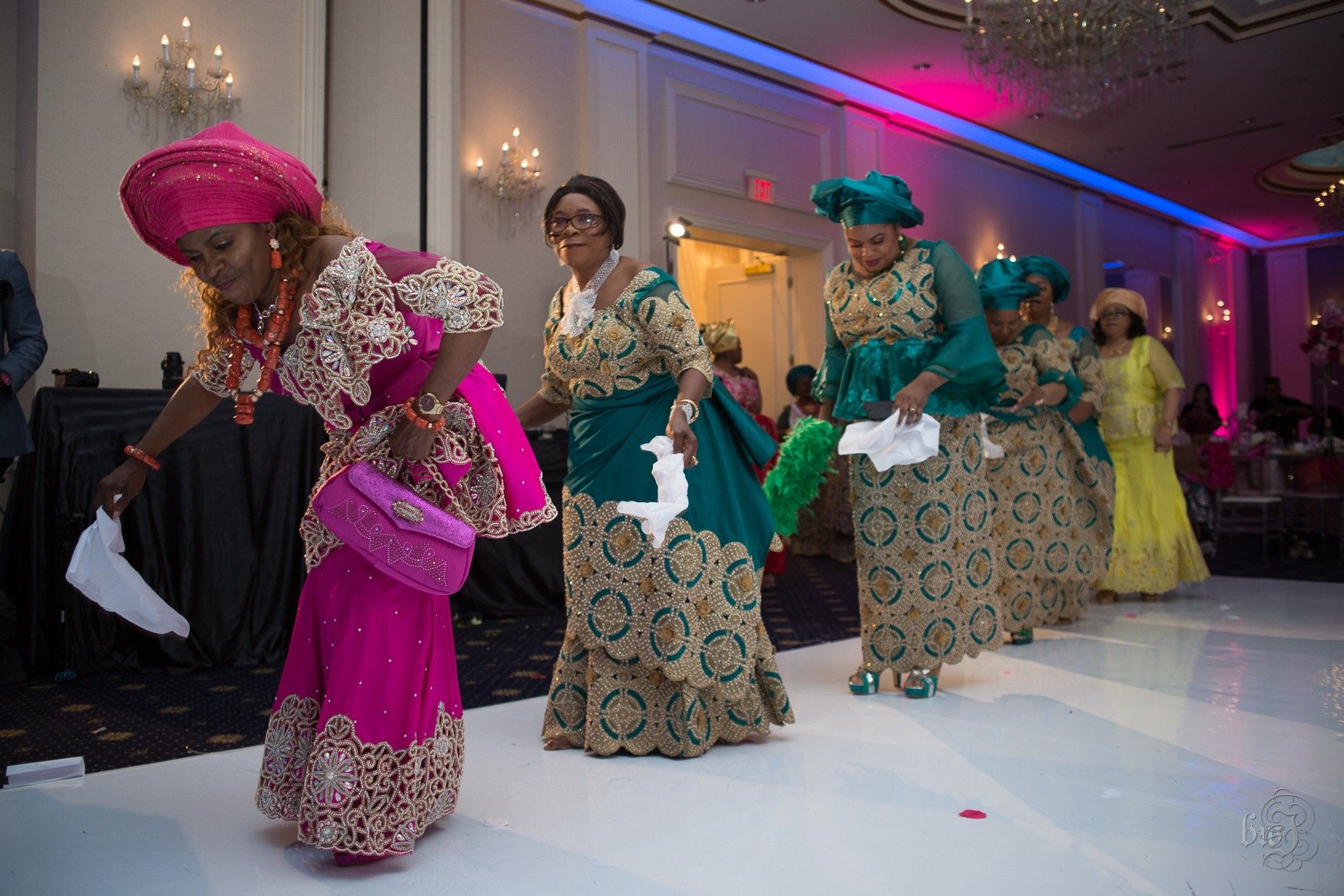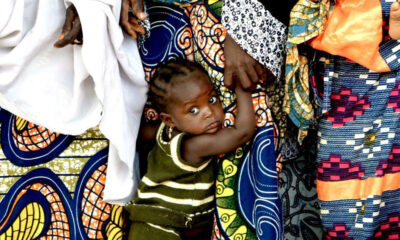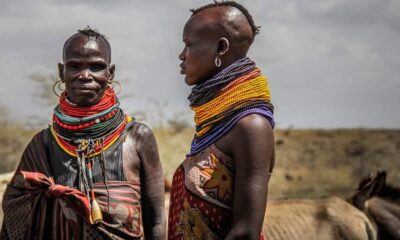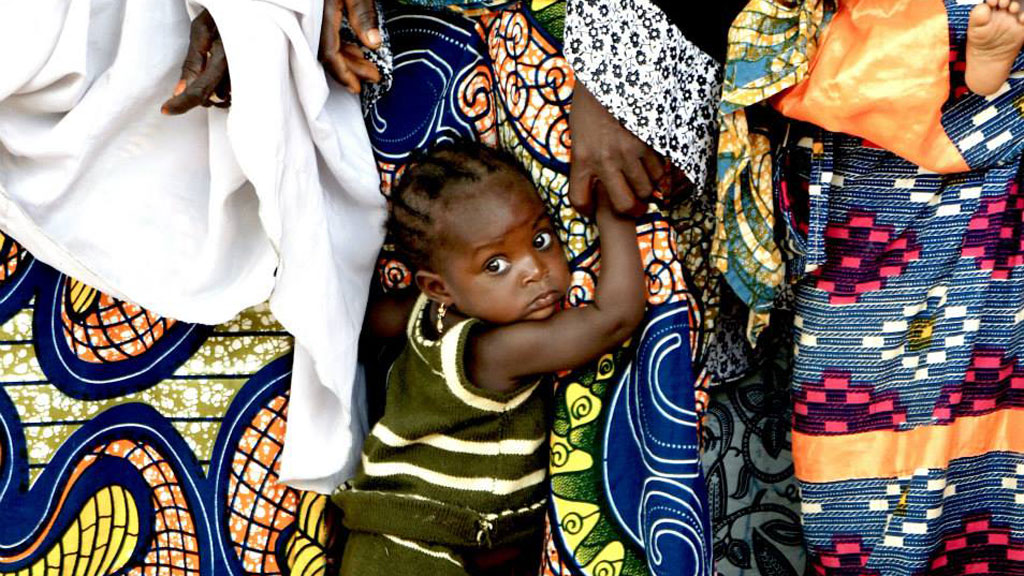Tell-el-Hammam, located in what is now Jordan, was a sprawling and influential city during the Bronze Age. Its sudden and dramatic demise has led some to speculate that it could be the biblical city of Sodom.
Tell-el-Hammam’s origins trace back to around 6600 BC, making it an ancient settlement. By its peak, the city covered over 60 hectares, a truly massive area for its time. This vastness earned it the title of the first megacity in the southern Levant. This solidifies its importance as a regional power.
Unfortunately, Tell-el-Hammam’s reign ended abruptly around 1650 BC, leaving behind a mystery that has sparked debate for centuries. This sudden destruction is the key reason some researchers believe it could be the same city described in the Bible.
Scientists make a thrilling discovery
Archaeologists have been meticulously excavating Tell-el-Hammam since 2006, and in 2021, they finally revealed some groundbreaking discoveries. Their findings point to a catastrophic natural event as the likely cause of the city’s demise, mirroring the biblical story of Sodom’s destruction by fire and brimstone.
The Bible, in the Book of Genesis, tells the story of God raining down fire and brimstone on Sodom and Gomorrah as punishment for the wickedness of their inhabitants.
Intriguingly, scientists now believe a similar fiery event befell Tell-el-Hammam roughly 3,600 years ago. Their theory suggests a meteorite exploded high above the city, generating unimaginable temperatures exceeding 2,000 degrees Celsius. This incredible heat would have instantly vaporised any living thing and melted the city’s infrastructure, leaving it virtually unrecognisable.
The force of this explosion is estimated to have been even more powerful than the infamous 1908 meteorite blast over Tunguska, Russia. The Tunguska event, while powerful enough to flatten trees over hundreds of kilometres, is estimated to have been equivalent to over 1,000 Hiroshima bombs.
According to scientists, the Tell-el-Hammam explosion surpassed even that, leaving the area uninhabitable for a staggering 600 years.
Read more about culture and lifestyle here.



































































